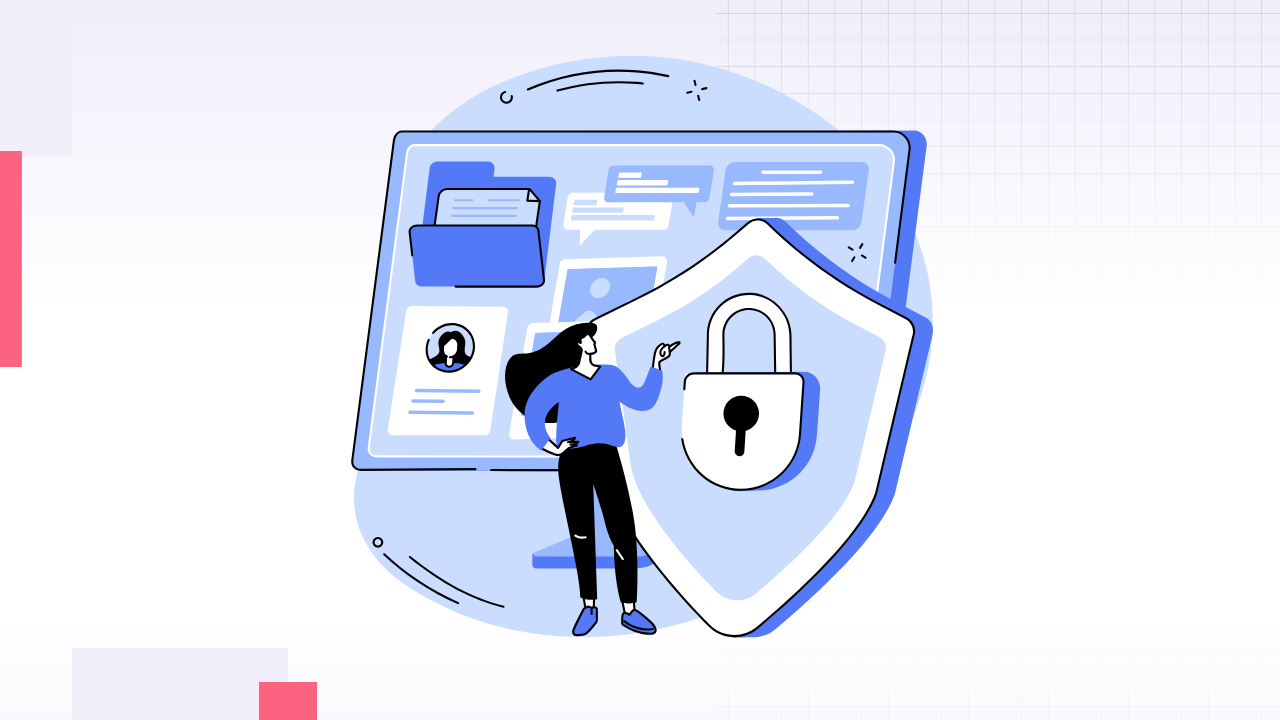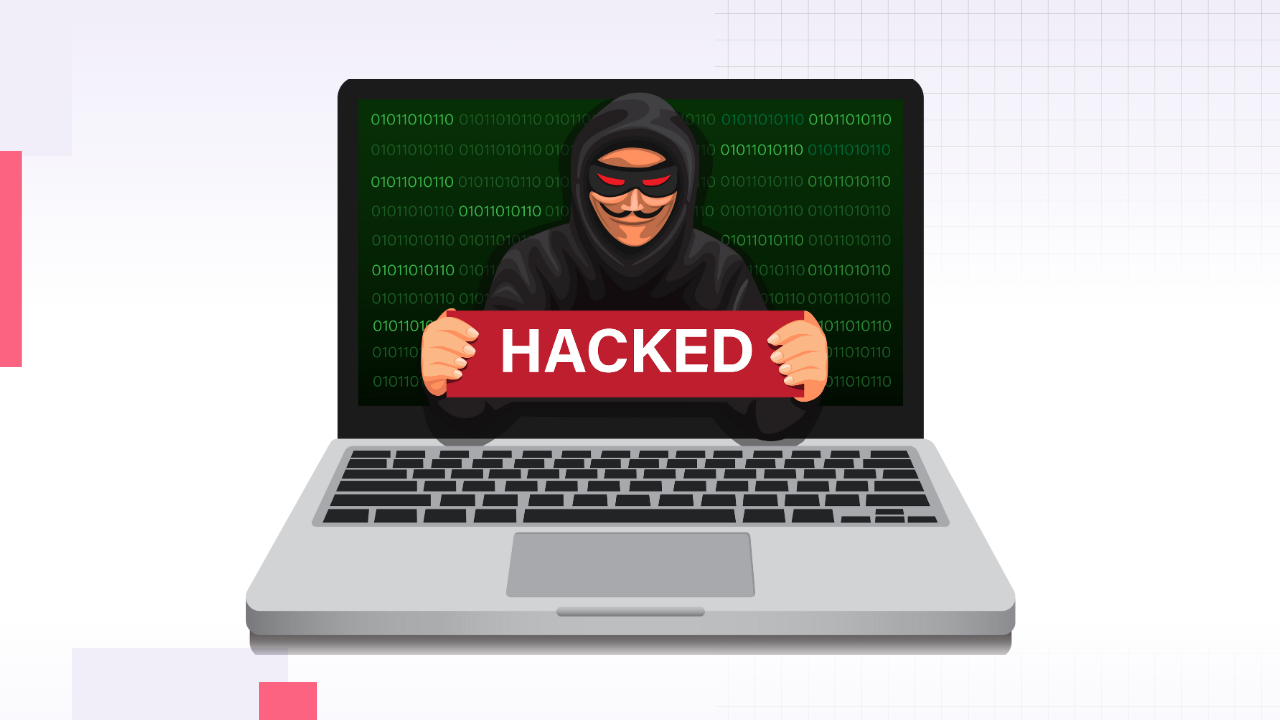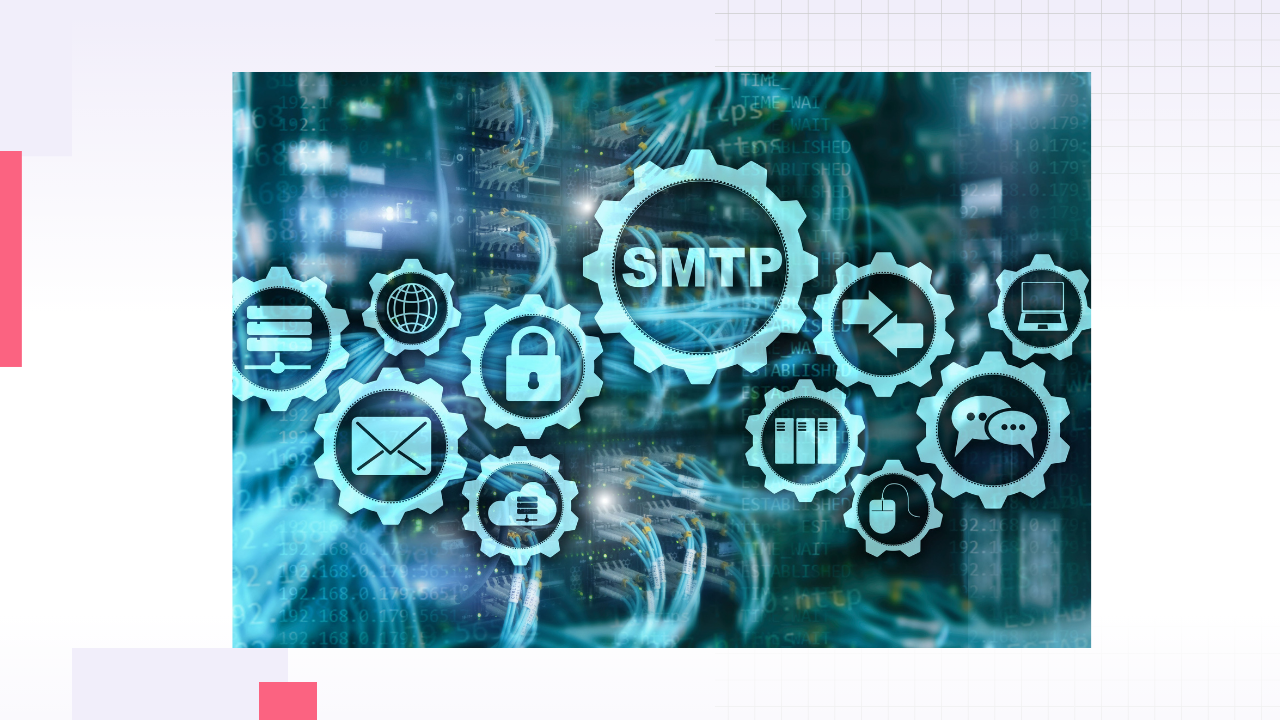Search Engine Optimization (SEO) plays a significant role in digital marketing. It involves optimizing your website to improve its visibility on search engine results pages (SERPs). High-ranking websites attract more organic traffic, leading to increased brand awareness and potential conversions.
Effective SEO includes keyword research, quality content creation, and link building. A well-optimized website provides a better user experience, which search engines reward with higher rankings. Staying updated with SEO trends and algorithms ensures sustained online presence. Implementing SEO strategies helps businesses stay competitive in the digital landscape. Investing in SEO is vital for long-term online success and growth.
The Origins Of Anonymity
In a world where privacy is often compromised, the idea of anonymity has gained immense importance. Anonymous, a decentralized international activist and hacktivist collective, embodies the spirit of anonymity. Understanding the origins of anonymity helps us appreciate its evolution and significance in today's digital era.
The Early History
The concept of anonymity is not a recent phenomenon. It traces back to ancient civilizations where individuals used various means to conceal their identities. In ancient Greece, citizens often wore masks during theatrical performances, enabling them to express controversial ideas without fear of retribution.
During the Renaissance, writers and thinkers adopted pseudonyms to protect themselves from political and religious persecution. This trend continued into the 18th and 19th centuries, where anonymous pamphlets and letters played a crucial role in revolutions and social movements.
Important milestones in the history of anonymity:
-
Ancient Greece: Masks in theater.
-
Renaissance: Pseudonymous writings.
-
18th Century: Anonymous pamphlets in revolutions.
|
Period |
Method of Anonymity |
|---|---|
|
Ancient Greece |
Masks |
|
Renaissance |
Pseudonyms |
|
18th Century |
Pamphlets |
Anonymity In Modern Times
With the advent of the internet, the concept of anonymity has transformed dramatically. Digital platforms offer a new level of anonymity, allowing people to communicate and collaborate without revealing their identities. This has led to the rise of online communities and movements, such as Anonymous.
Modern anonymity tools:
-
Virtual Private Networks (VPNs)
-
Tor Browser
-
Encrypted messaging apps
Anonymous emerged in the early 2000s on the imageboard 4chan. The collective gained notoriety for its cyber-attacks on organizations and governments. They advocate for freedom of speech and against censorship. Their actions often involve hacking and releasing sensitive information to the public.
The group uses the Guy Fawkes mask, popularized by the graphic novel and film "V for Vendetta," as a symbol of resistance against oppression. Their motto, "We are Anonymous. We are Legion. We do not forgive. We do not forget. Expect us," reflects their mission and values.
Key elements of modern anonymity:
-
Digital tools and platforms
-
Symbolic representation
-
Collective activism
The Role Of Anonymity In Society
Anonymous is a decentralized group of activists and hackers. They use anonymity to protect themselves and their causes. The role of anonymity in society is vast and complex. Anonymity allows people to express opinions without fear. It helps protect privacy and can be a powerful tool for change.
Anonymity In Activism
Anonymity plays a crucial role in activism. It enables activists to voice concerns without facing repercussions. This is especially important in oppressive regimes. Here are some key points about anonymity in activism:
-
Protection: Activists can avoid harassment and legal action.
-
Freedom of Speech: Anonymity allows people to speak freely.
-
Focus on Issues: The focus remains on the cause, not the individual.
Anonymous has used anonymity to highlight social and political issues. They have organized protests, hacked websites, and released information. Their actions have drawn attention to important causes. They have fought for freedom of speech, human rights, and against corruption. Anonymity has been a shield and a sword for activists.
|
Benefit |
Description |
|---|---|
|
Safety |
Protects activists from harm. |
|
Privacy |
Keeps identities hidden. |
|
Focus |
Emphasizes the cause over the individual. |
Anonymity In Communication
Anonymity also plays a significant role in communication. It allows people to share ideas without judgment. This can lead to more honest and open discussions. Here are some key points about anonymity in communication:
-
Honesty: People are more likely to be truthful.
-
Privacy: Keeps personal information safe.
-
Equal Voice: Everyone has the same platform.
Online forums and social media often provide anonymous options. This can help people discuss sensitive topics. They can ask for help without revealing their identity. Anonymity can also prevent bias in communication. It ensures that ideas are judged on their merit, not on who said them. This can lead to more diverse and inclusive conversations.
|
Advantage |
Description |
|---|---|
|
Truthfulness |
Encourages honesty in discussions. |
|
Security |
Protects personal data. |
|
Equality |
Gives everyone an equal voice. |
The Ethics Of Anonymity
Anonymous is a decentralized group of hackers and activists known for their cyber-attacks and social justice campaigns. The ethics of anonymity raises questions about the balance between personal privacy and public accountability. While anonymity can protect individuals from retaliation, it can also lead to misuse and a lack of responsibility.
Balancing Privacy And Accountability
Balancing privacy and accountability is crucial in the digital age. Privacy allows individuals to express themselves freely without fear of repercussions. This is especially important for whistleblowers and activists who expose corruption or injustice.
Accountability ensures that actions have consequences. Without accountability, individuals might misuse anonymity for harmful activities like cyberbullying or spreading false information. Striking the right balance is essential for a healthy online environment.
Here are some key points to consider:
-
Protection of Personal Information: Anonymity can safeguard sensitive data from malicious actors.
-
Freedom of Speech: People can speak their minds without fear of censorship.
-
Risk of Misuse: Anonymity can be exploited for illegal activities.
-
Need for Accountability: Identifying wrongdoers is vital for justice and order.
To achieve this balance, platforms and governments must create policies that protect privacy while holding individuals accountable. This could involve:
|
Policy |
Purpose |
|---|---|
|
Encryption Standards |
Protect user data from unauthorized access |
|
Reporting Mechanisms |
Allow users to report abuse or harmful activities |
|
Legal Frameworks |
Ensure that laws keep up with technological advancements |
Impacts On Trust And Authenticity
Anonymity has significant impacts on trust and authenticity in online spaces. Trust is the foundation of any community. When users are anonymous, it becomes challenging to establish trust. People might be skeptical of the information shared by anonymous sources.
Authenticity is equally important. Knowing the identity of the person behind a message adds credibility. Anonymity can sometimes lead to a lack of authenticity, as users may feel free to present false information or exaggerated claims.
Here are some impacts of anonymity on trust and authenticity:
-
Increased Skepticism: Users may doubt the accuracy of anonymous posts.
-
Difficulty in Building Relationships: Trust is harder to establish without knowing someone's identity.
-
Potential for False Information: Anonymity can encourage the spread of rumors.
-
Challenges in Verification: Verifying the truth behind anonymous claims is difficult.
To improve trust and authenticity, platforms can implement verification systems and encourage transparent communication. This helps users distinguish between credible sources and potential misinformation. By fostering a culture of accountability, online communities can thrive while maintaining the benefits of anonymity.
Anonymous In The Digital Age
Anonymous is a decentralized group of hackers and activists. They are known for their cyber attacks and protests. In the digital age, their actions have evolved. They use sophisticated tools and techniques. Anonymous is famous for their masks and slogans. They fight for freedom and justice online.
Online Anonymity Tools
Anonymous uses various tools to stay hidden. These tools help protect their identity. Here are some of the most common:
-
Tor Browser: This browser hides your IP address. It routes your traffic through multiple servers. This makes it hard to track you.
-
VPNs: Virtual Private Networks encrypt your internet connection. They mask your IP address. This adds an extra layer of security.
-
Proxy Servers: These servers act as intermediaries. They hide your original IP address. They also help bypass geo-restrictions.
-
Encrypted Messaging: Tools like Signal and Telegram encrypt messages. This ensures that only the sender and receiver can read them.
Below is a table summarizing these tools:
|
Tool |
Function |
Benefit |
|---|---|---|
|
Tor Browser |
Hides IP Address |
Hard to track |
|
VPNs |
Encrypts Connection |
Extra Security |
|
Proxy Servers |
Masks IP Address |
Bypass Restrictions |
|
Encrypted Messaging |
Encrypts Messages |
Private Communication |
These tools are essential for anyone wanting online anonymity. They help protect against surveillance and data breaches.
Challenges And Controversies
Anonymous faces many challenges. Their actions are often controversial. Here are some key issues:
-
Legal Issues: Many countries consider their activities illegal. Members risk arrest and prosecution. This makes their work risky.
-
Ethical Concerns: Some argue their actions cause harm. They often expose sensitive information. This can hurt innocent people.
-
Internal Conflicts: Anonymous is decentralized. This leads to disagreements. Different members have different goals.
-
Public Perception: Some see them as heroes. Others view them as criminals. This mixed perception affects their operations.
These challenges make it hard for Anonymous to operate. They must navigate legal and ethical boundaries. They also need to manage internal conflicts.
Below is a summary of these challenges:
|
Challenge |
Description |
|---|---|
|
Legal Issues |
Risk of arrest and prosecution |
|
Ethical Concerns |
Potential harm to innocent people |
|
Internal Conflicts |
Disagreements among members |
|
Public Perception |
Mixed views from the public |
Despite these challenges, Anonymous continues to fight for their causes. They adapt and evolve to meet new threats and obstacles.
Frequently Asked Questions
Does Anonymous Still Exist?
Yes, Anonymous still exists. The hacktivist group remains active and continues to carry out cyber operations. They focus on social justice and anti-corruption causes.
Is It Illegal To Join Anonymous?
Joining Anonymous itself is not illegal. Participating in illegal activities promoted by Anonymous is illegal. Always adhere to the law.
What Is Called Anonymous?
Anonymous refers to a decentralized international group of activists and hackers. They operate under a collective identity. Their actions often target governments, corporations, and institutions. They advocate for freedom of speech and information.
What Crimes Did Anonymous Commit?
Anonymous committed various cybercrimes, including hacking government and corporate websites, releasing confidential data, and launching DDoS attacks. They protested censorship and promoted transparency.
What Is Anonymous Browsing?
Anonymous browsing hides your identity online by masking your IP address and using private search engines.
How Can I Stay Anonymous Online?
Use VPNs, anonymous browsers, and privacy-focused search engines to keep your online activities hidden.
Is Anonymous Browsing Completely Secure?
No, it reduces risks but isn't foolproof. Always use multiple layers of security for better protection.
Conclusion
Exploring anonymity highlights its benefits and challenges. It offers freedom and privacy but requires responsible use. Balancing anonymity and accountability is crucial. Stay informed and mindful to navigate this digital landscape safely. Embrace the power of anonymity with caution and respect for others.



